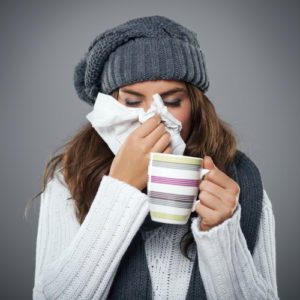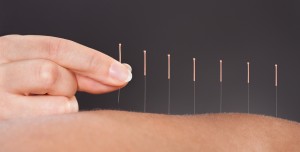 During this time of year it is easy to feel stressed-out and overwhelmed; so we’ve rounded up 9 ways to help you escape the seasonal blues.
During this time of year it is easy to feel stressed-out and overwhelmed; so we’ve rounded up 9 ways to help you escape the seasonal blues.
Do Less – Enjoy More
Most of us go overboard to please others especially during the holidays, from shopping, family obligations to attending numerous events. This season why not take care of yourself, and say no to one or two activities!
Say Good-Bye To Perfection
Remember that the world is not going to end if your home is not “Martha Stewart” perfect, or if you have a pile of laundry on the kitchen table. Use your energy and focus on the important things – the people in your life. As author Richard Carlson wrote “Don’t sweat the small stuff “!
Stop Over Scheduling
If you can’t slow down and relax during this time of year, when can you? Your daily agenda shouldn’t make you feel stressed and overwhelmed. Slow down, simplify your schedule and learn how to delegate!
Find Time To Exercise
It may be the last thing you feel like doing when you’re stressed out, but going for a walk or attending a Pilates class can actually make you feel better. Research has found that exercise can boost your mood for up to 12 hours and can decreases anxiety. So get out of the house and go for a brisk, 20 minute walk every day.
Health Maintenance
Take some time for yourself and schedule a massage or an acupuncture session; your health care practitioners can help you keep healthy and feeling fit.
Put Down the iPhone
Enjoy spending time with your family and friends without the constant buzz of your smart phone. It becomes a habit that is very hard to stop, and repetitively looking at your phone is exhausting, and contributes to mounting stress.
Re-Think Old Customs
Ending old customs can be a good policy if you’re a lone or grieving. Start some new traditions that will have happy memories associated with them.
Positive Thinking
Negative thoughts drain you of energy and keep you from being in the present moment. The more you give in to your negative thoughts, the stronger they become. On-the-other hand, a small positive thought can have the same effect -developing into a beautiful positive outcome.
Get More Sleep
Don’t underestimate the value of the power napor a good night’s sleep. Light exercise like yoga or walking at night can help sleep as it releases tension without over stimulating the body.
Music can also help by soothing your mind and body as well as meditation, which can relieve stress in the body and mind. It’s a great technique to use before bedtime because it relaxes the body, clears the mind, and creates inner peace.
Put yourself first for a while. Take care of yourself, pay attention to your needs and desires, and find the courage to do something about them.






